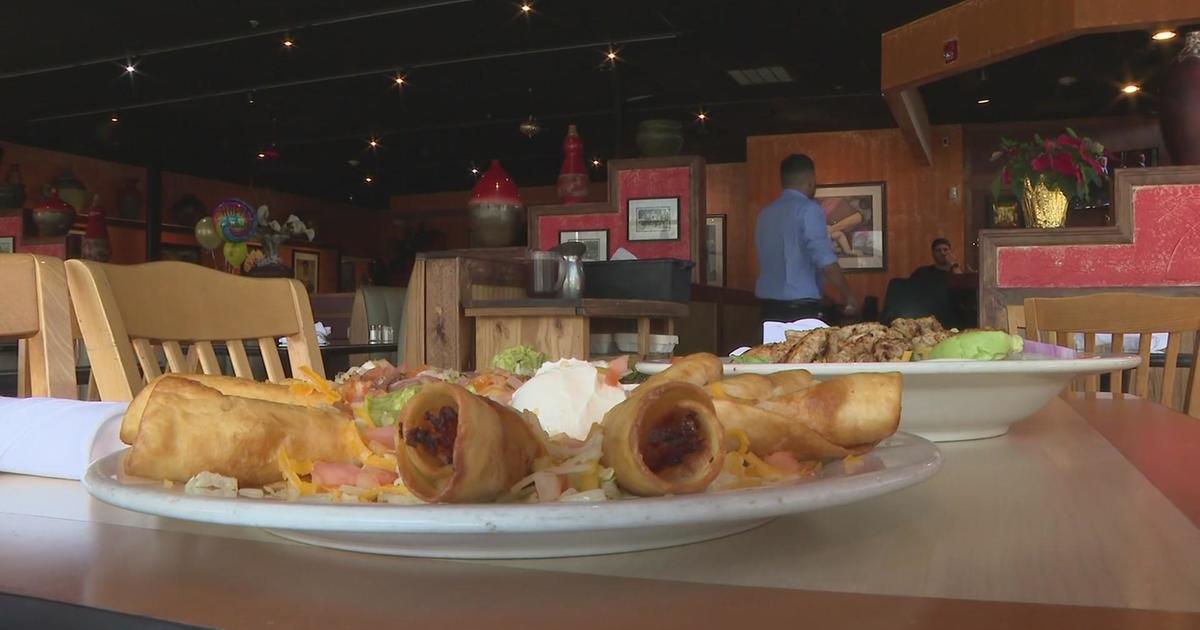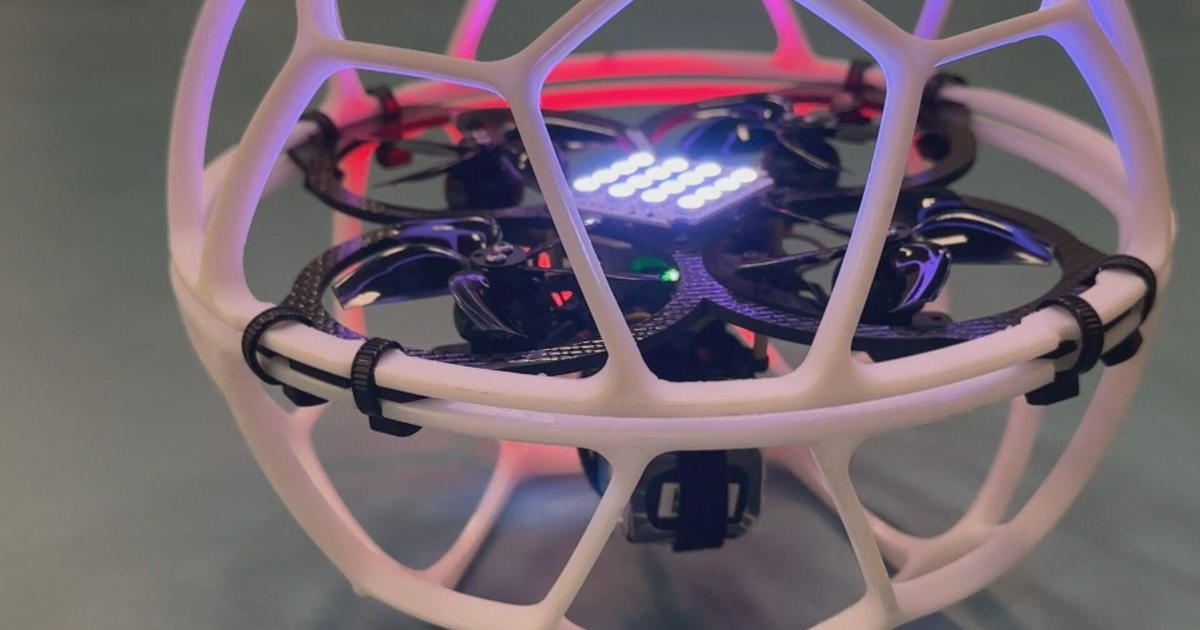Good Question: Why Are The Markets So Volatile?
DENVER (CBS4) - Another bounce -- more uncertainty. More nervous investors who think about selling as they see stocks spiraling down in a way that seems like no one is behind the trades.
"I think everybody's (watching) the tickers going across their screen at work and (say), Do it now? Do I do it now?" one investor said.
The way the markets work these days, it's enough to force a lot of us out. In reality, we may not really be in the game.
While there are several reasons for volatility, it's often because trades are being made by computers programmed to make the decisions. These days 70 percent of stock market activity is often computer trading. Some of it is referred to as "Flash trading."
It's called flash trading because it's so fast; there's no way for you to do the same thing.
"You know it's happening because we have a day when we're down 600 points the next day we're up 400 points," said Ned Sundermann of Greenwood Village-based Sundermann Capital Management.
Sundermann has been irked for years about computer trading. He calls them "Algos," shorthand for algorithmic traders. Computers act on algorithms written to buy and sell stocks in the blink of an eye – even faster.
"So it's really exaggerating the volatility in the market," said Sundermann. "Which has more people spooked and it feeds on itself."
When things start heading down, computers can often dump and dump fast.
"All of this is being done by institutions. Right now the small investor is still on the sideline," said another investor.
It's a way to gain advantage and if an advantage can be had in the markets, there will be people there to act on it. Computerized trading got a lot of the blame for the brief market tumble in May of 2009. It was called a flash crash. The big markets shut down because circuit breakers tripped off trading, but more trading continued on electronic exchanges. Billions were lost in minutes. Proctor and Gamble tumbled to nearly half its share price.
The SEC has done some tightening since, but not much. The exchanges are still allowed to rent space to some computer traders in their own buildings so they can co-locate servers. That means the distance the electronic signals have to travel is that much shorter and trades can be carried out faster. Sundermann thinks that's unfair advantage.
"Computers aren't smart, they don't know what a share of Coca Cola is worth, but computers can play chess. Computers can win game shows. So you can write an algorithm that will allow them to detect moves in sentiment or moves on the bid offers before anybody else can. Maybe a millisecond, several milliseconds before the market's aware of them."
There's also another technique that can mislead, according to Sundermann.
"They'll put out a bogus buy order for a certain size and before it's executed -- but frightens everyone to jump on or get ahead of it -- they'll cancel the order they do all this in milliseconds."
That can move prices.
Computers are involved in the trading of many stocks, even perhaps your 401(k). But those plays are made more slowly. The "algos" are often the short terms traders, buying and selling as your order goes in. In reality it means the computer traders can do things the rest of us cannot.
"There's very few out there who understand the patterns and understand what's really going on," said a frustrated trader.
She got out of the markets and put her money into cash when she lost a good deal of her retirement and her faith in her ability to make money in stocks.
Sundermann thinks the SEC needs to get tougher. But as soon as they crack down he fears there will be something else.
"Can you un-invent the atom bomb? Yeah it's kind of hard to do. These guys are very smart. They have tons of money and they'll figure something out."




